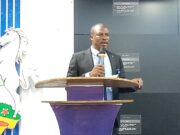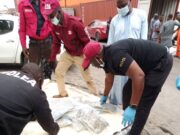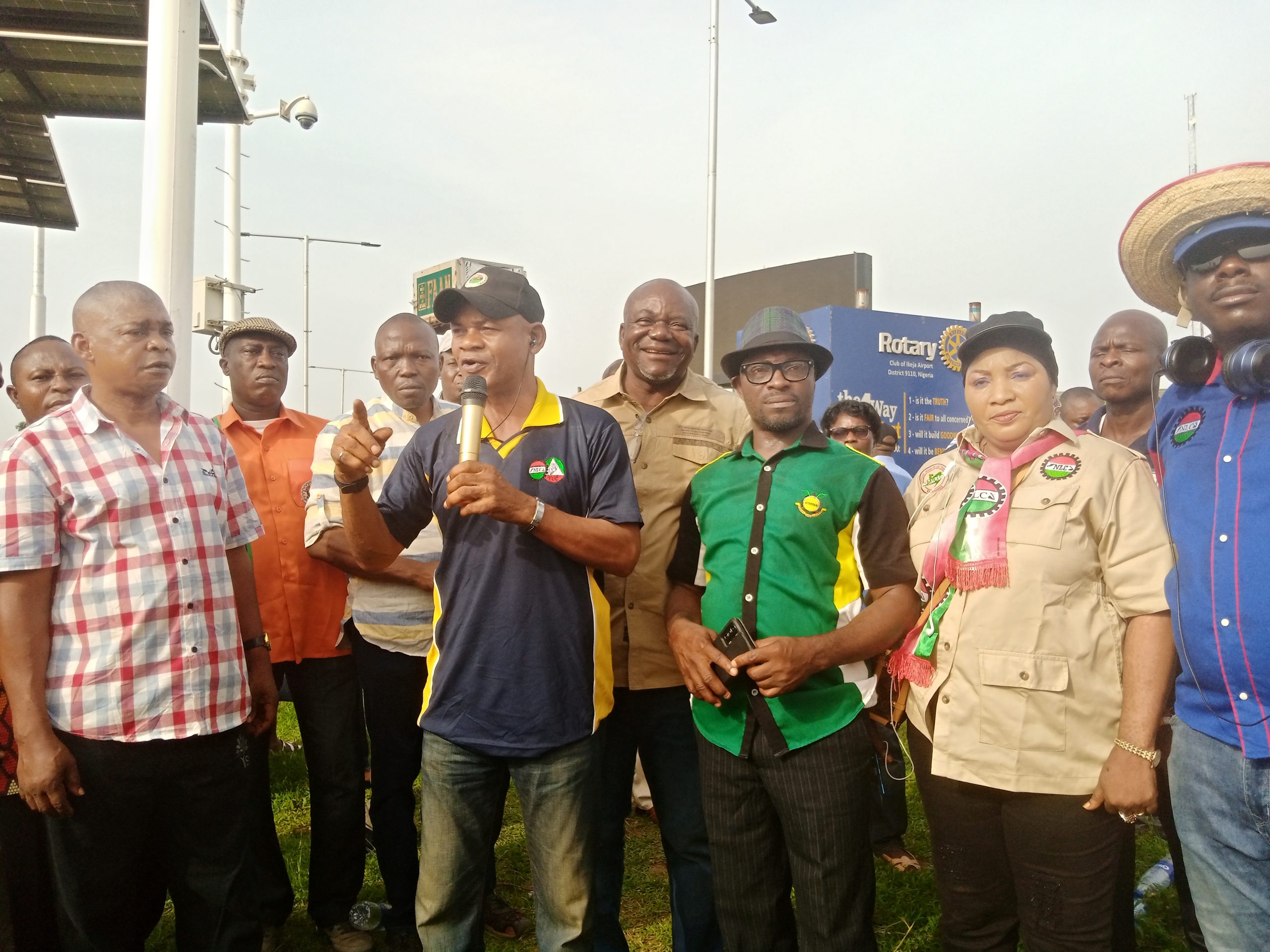In the dawn of the new year, the unions within the Nigeria Civil Aviation Authority (NCAA) eagerly anticipate a year devoid of unrest and strikes.
However, their focus lies on vexed issues, stressing the need for a harmonious working relationship with management while prioritizing workers’ welfare.
The unions, including National Union of Air Transport Employees NUATE, Air Transport Services Senior Staff Association of Nigeria, ATSSSAN, Association of Nigeria Aviation Professionals ANAP and National Association of Aircraft Pilots and Engineers, NAAPE ardently emphasize the outdated Conditions of Service (CoS), deeming it an “empty cell of a snail.”
The call for a timely revision of the CoS becomes paramount, as concerns rise over unrealistic training expenses exacerbated by subsidy removal, making air transport notably expensive.
Housing and rent allowances add another layer to the unions’ demands.
The impracticality of current allowances for staff, especially those in Lagos and Abuja, prompts a call for immediate action to formulate a sustainable and conducive housing allowance.
Speaking on behalf of the unions recently in Lagos, Chairman, NUATE and JAC, Comrade Drisu Musa say,”The second issue of the rent is very, very unrealistic, I don’t know where our salary of N400,000 or N500,000 today can get us an apartment in Lagos, not to talk about some of our colleagues who have been relocated to Abuja. So we are saying that effective from this January management should put their acts together to see a living, an enduring and conducive housing allowance formulated for the staff of the NCAA. These are the issues, unions don’t go on strike, we know the consequences of strike, when things are supposed to be done and it is not done that’s the reason and we call on management to as a matter of urgency give us a housing allowance that is sustainable”..
The unions also voice dissatisfaction with the prolonged stagnation of staff on grade levels 15-17, urging management to uphold promotion policies without further delay.
”According to our extant rules, January 1st should be the day I should be promoted. We will no longer wait for promotions to be deferred to December. Whatever it is, they should put their heads together, we will no longer accept our promotions being violated, we are not going to take it”.
The removal from the Single Treasury Account (TSA) and the plea to halt the 40% deductions emerge as critical concerns, with the unions stressing that NCAA is a cost recovery agency, not a revenue-generating one.
Comrade Musa observed that, there is a misunderstanding on the functions of the regulatory body in some quarters and it is a mis-normal for the NCAA to be invited to the National Assembly to defend revenue.
He explains, ”The NCAA is not a revenue generating agency and what we do is cost recovery. Aeronautical charges all over the whole world is not revenue, it is for the NCAA to run the affairs of the CAA in the interest of safety of flight operations. Tell them, they should remove us from the 40% deductions. These 40% deductions have affected our oversight functions and the well-being of our staff. Just as they have done in certain quarters, the NCAA should also be given that waiver.
Explaining further, he emphasized that the Single Treasury Account, TSA, of the government is doing a lot of damage to the system and the NCAA should be removed.
”If an operator wants to use a simulator facility abroad, they approach the NCAA and then charge them so that our inspectors can go, unfortunately as soon as they pay that money in the TSA, 40% of that to facilitate that journey is removed as they consider it as revenue. Please, we are appealing to the Federal Government under President Tinubu to remove the NCAA in the interest of safety and security of flight operations from the TSA”.
Highlighting the essential role of Boards of Directors (BoDs) in the aviation industry, the unions urgently demand the constitution of boards for NCAA and other agencies.
They assert that boards play a pivotal role in addressing industry concerns without the need for external intervention.



























